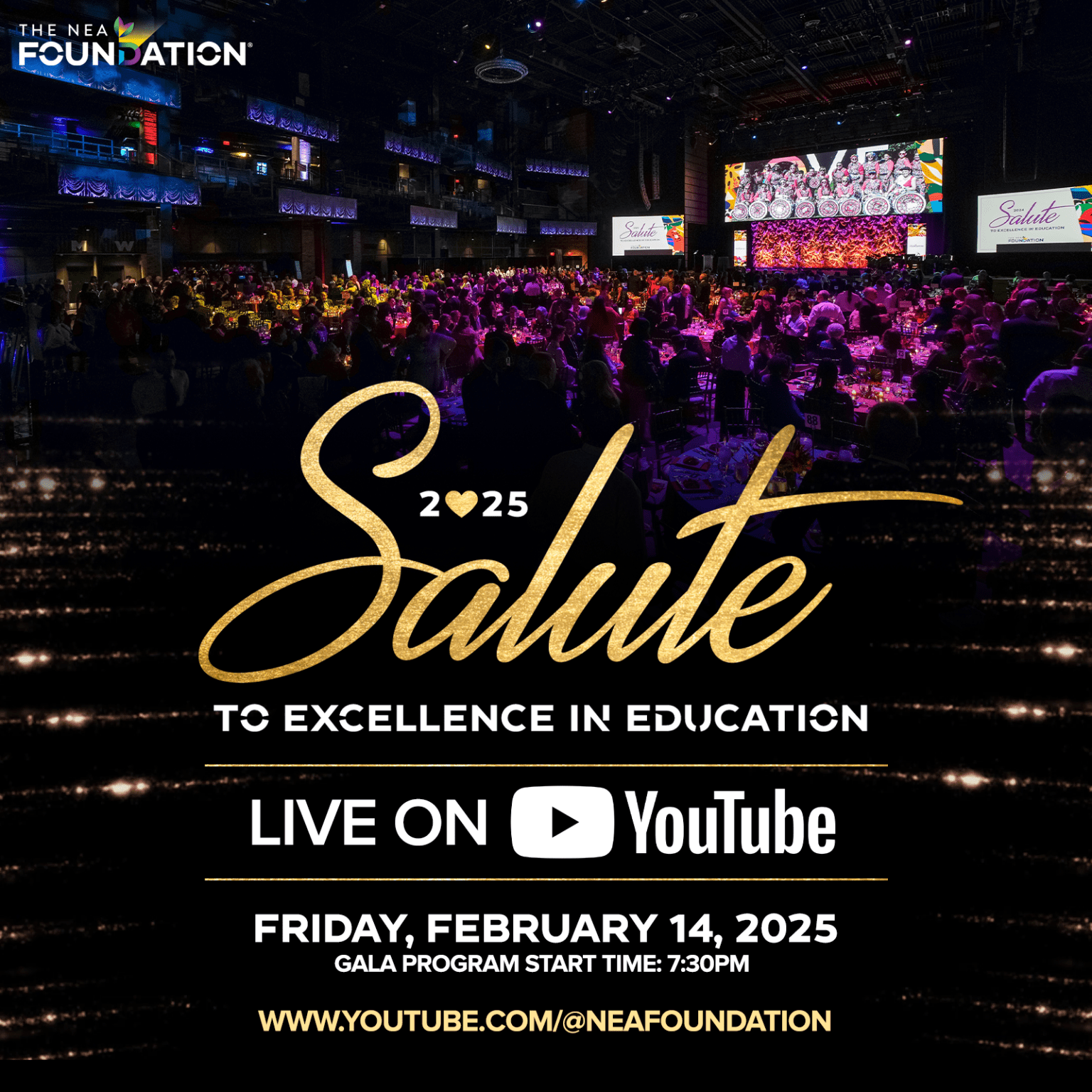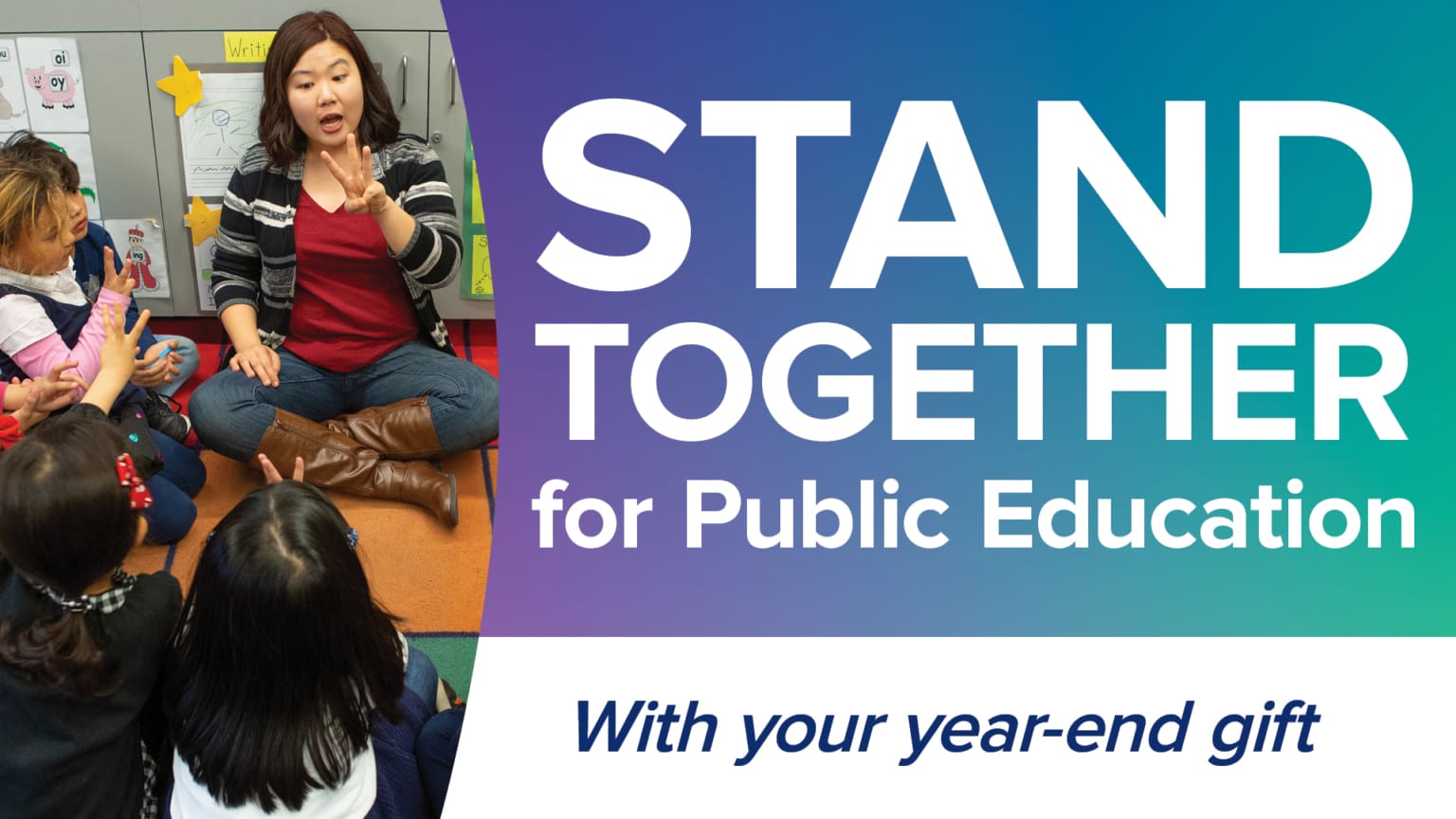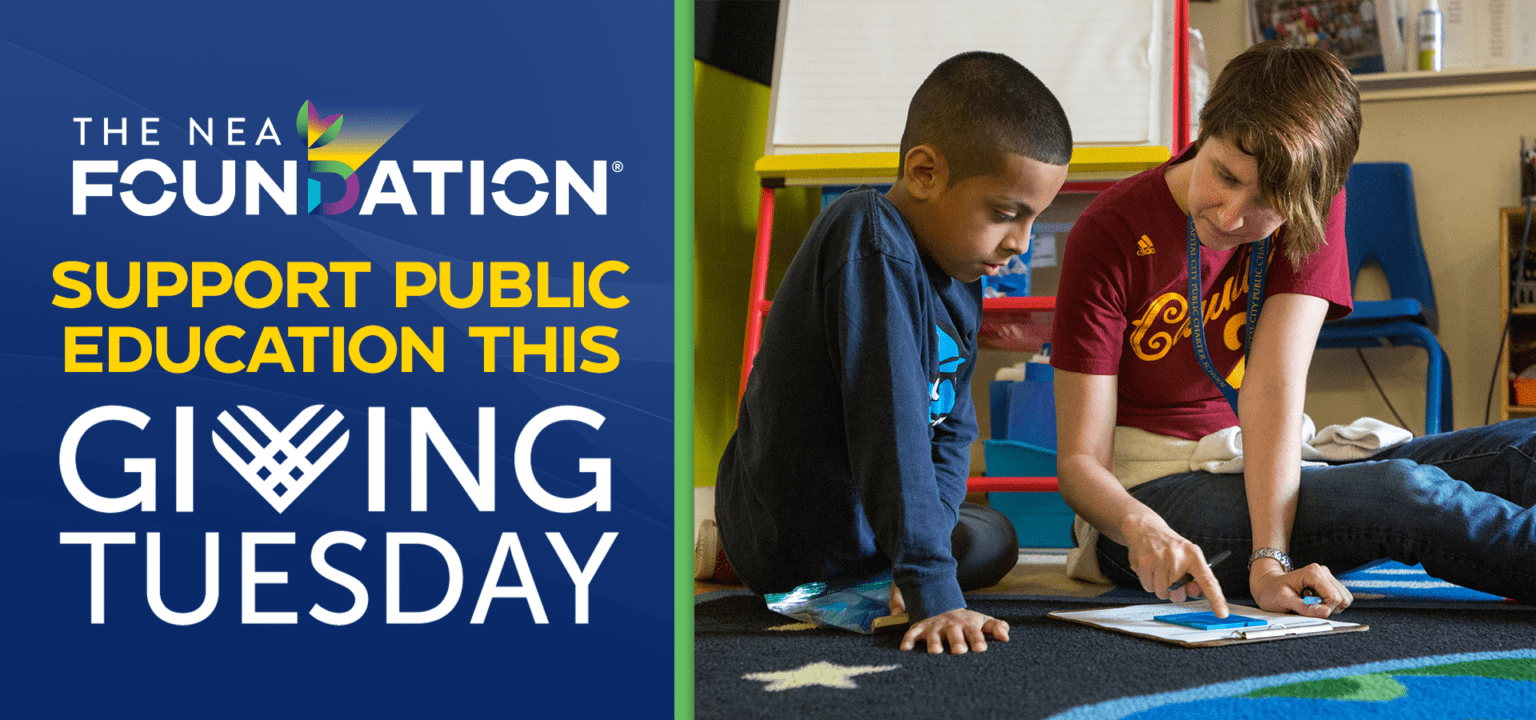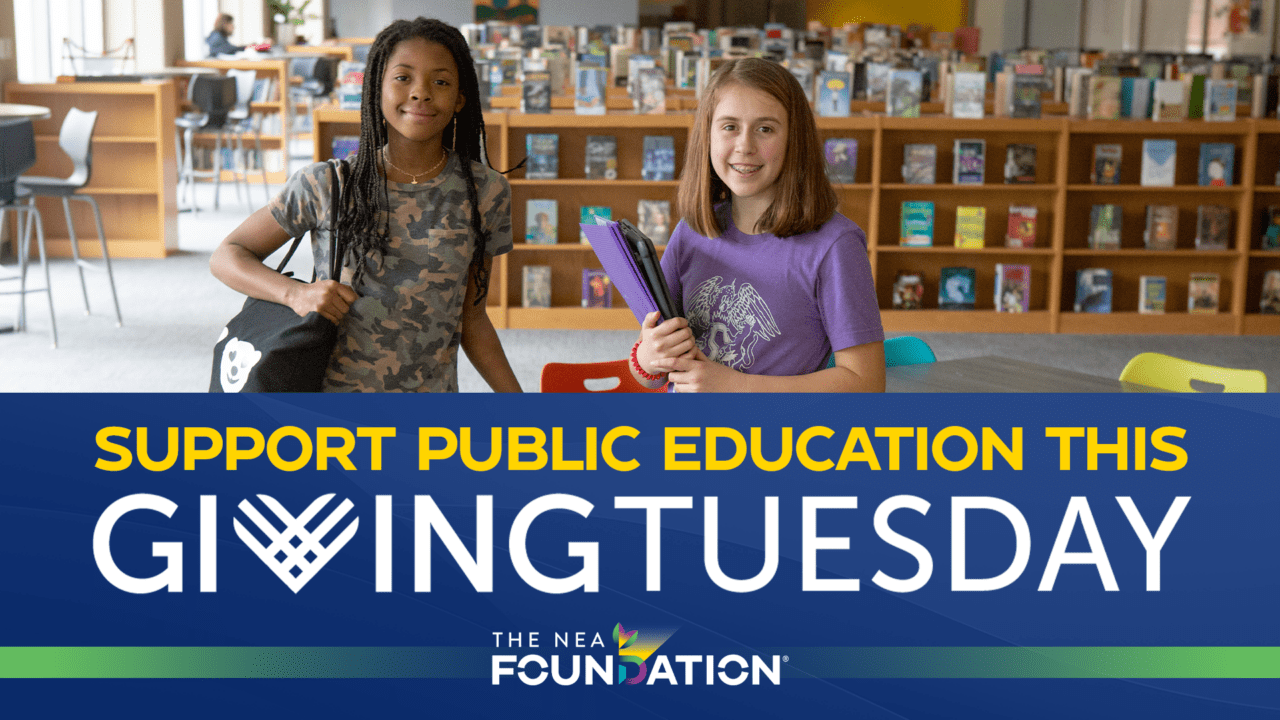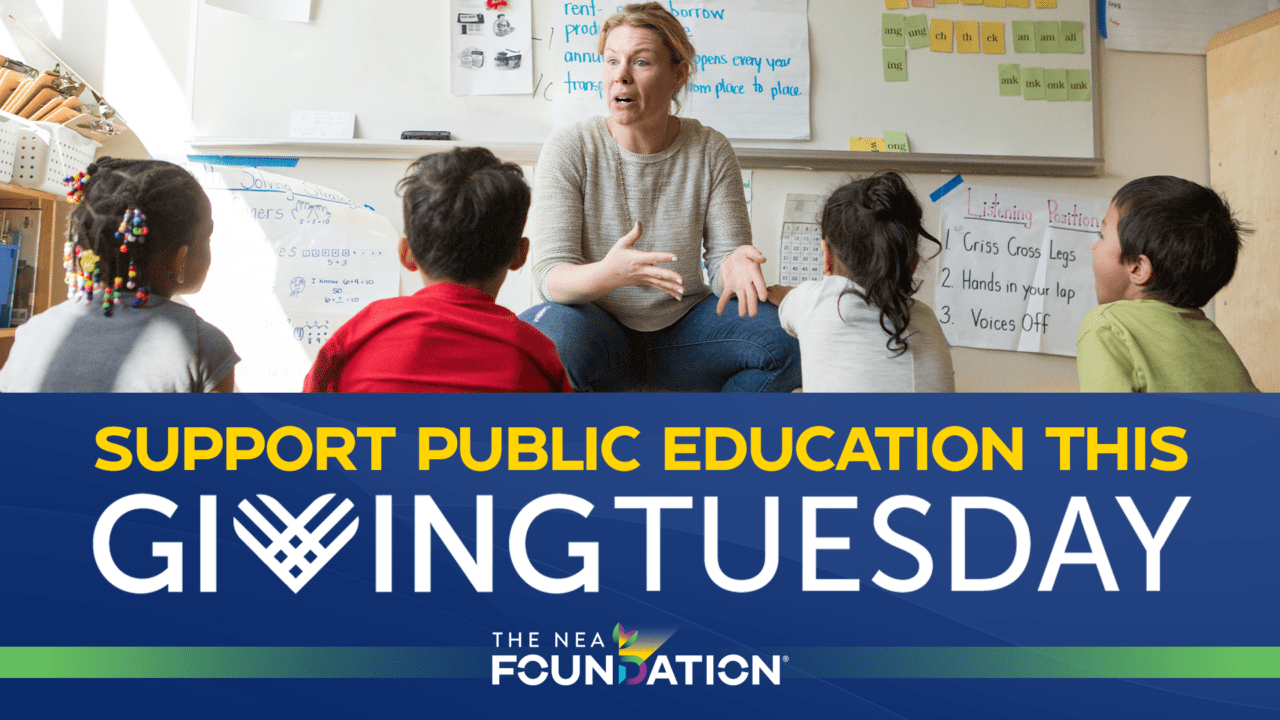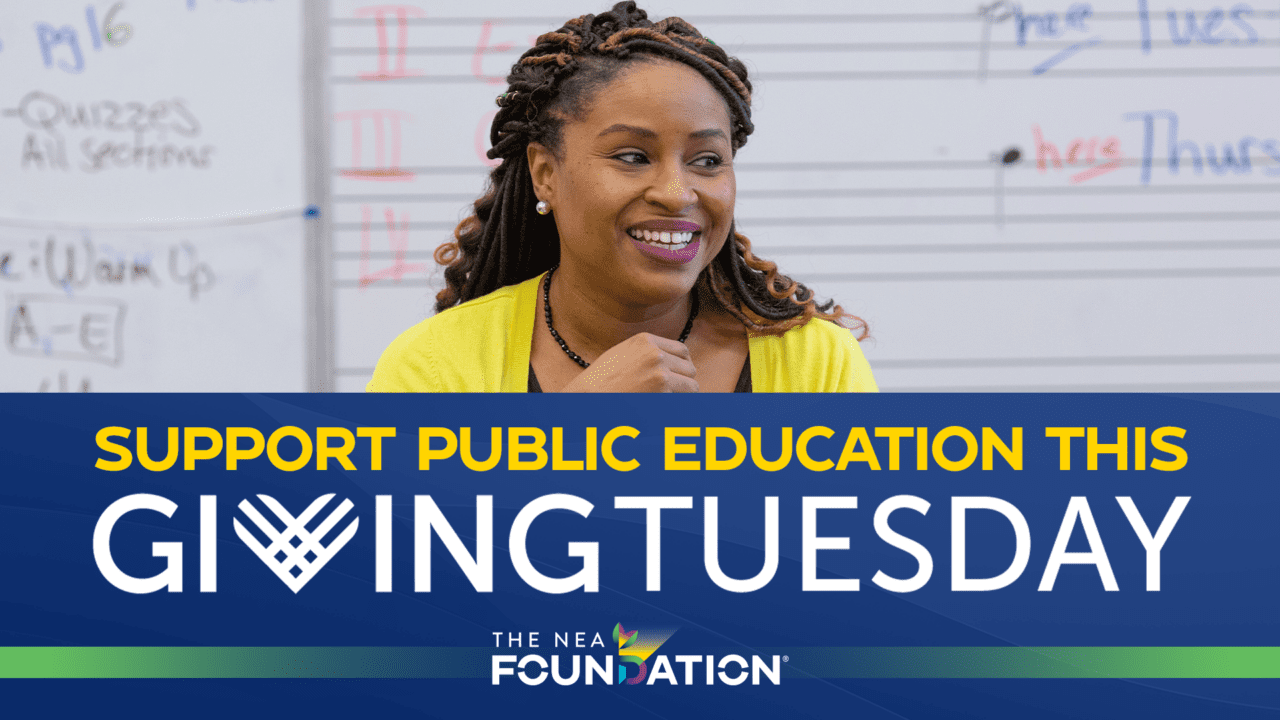By Anastasia Ordonez, Director of Strategic Communications at HEAL Together
This is the third in a series of guest blog posts by HEAL Together. HEAL Together is an initiative of Race Forward in partnership with NYU Metro Center and Schott Foundation for Public Education. Together, they are building a movement of students, educators, parents, and school board members in school districts across the United States who believe that an honest, equitable, and fully funded public education is the foundation for a just, multiracial democracy.
When the Zinn Education Project announced its annual Teach Truth Day of Action earlier this year, dozens of organizations across the country signed up to sponsor local events. In total, nearly 170 locations across the country hosted Day of Action events, making this year’s campaign the largest since its launch in 2021. Among the hundreds of event organizers and participants were librarians and educators who have been sounding the alarm about how book bans and other attacks on public education are threatening democracy.
“Educators and librarians are on the front lines of the attacks against the freedom to learn,” said Deborah Menkart, co-director of the Zinn Education Project. “They need everyone’s support to successfully defend public education.”
These educators understand that public education in the United States has been transformed into a political and ideological battleground. Book bans have been around for a while, but their resurgence in recent years is central to a broader assault on public education designed to erode trust in public schools and divide communities. It’s not an accident that today’s book bans are focused on students’ rights to learn the truth about racism and see themselves reflected in their curriculum. And these efforts are intensifying.
There has been a notable increase in book ban attempts over the past few years. According to PEN America, in just six months from July through December of 2023, there were 4,349 instances of book bans across 23 states – more than in all of 2022.
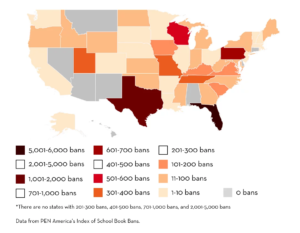
Image credit: NPR; https://www.npr.org/2024/04/16/1245037718/book-bans-2023-pen-america
These efforts are being driven by a small number of far-right activists who raise concerns over content deemed inappropriate, usually focused on topics of race, gender, sexuality, and historical events. The American Library Association (ALA) reported last year that nearly half of censorship attempts (47 percent) were being leveraged against LGBTQ titles and books about people of color. Organized groups advocating for book bans argue that such content is unsuitable for students and demand that districts and legislators censor material they find objectionable.
Educators, librarians, and education justice advocates rightly point out that restricting access to books – especially books that feature individuals of different races, identities, and backgrounds – undermines educational goals and prevents students from access to diverse perspectives and ideas. Book bans and censorship have far-reaching effects on students and communities that extend past the academic.
For example, book bans impact how students gain understanding of themselves and others. When books are removed from curricula or library shelves, students lose access to important voices and stories that help foster empathy, critical thinking, and cultural awareness. By reading diverse narratives, students learn to appreciate different experiences and viewpoints, which is essential in a multiracial, democratic society. Moreover, while students of all races, identities, and backgrounds benefit from books featuring diverse individuals and topics, Black and Brown students as well as LGBTQ+ students benefit greatly from seeing their own experiences, cultures, and identities reflected in the books they read.
Banning books can create a chilling effect on educators, too. Educators in states like Florida, where book bans have surged, have felt pressured to avoid certain topics or texts for fear of backlash, leading to a narrowed curriculum that fails to prepare students for the complexities of the world they will encounter.
In response to the surge in book bans, librarians and educators across the country have mounted strong resistance. These professionals view themselves as guardians of intellectual freedom and advocates for students’ right to learn. Their efforts to push back against censorship have taken many forms. In Llano County, Texas, librarian Suzette Baker was fired from her job for refusing to ban restricted books. Her story made national headlines and she has become a leader in the fight to stop the attacks on libraries and public schools. In various other states, librarians and educators have risked their jobs and safety to ensure that students continue to have access to books about race, gender identity, and various forms of oppression.
A wide range of resources have been developed for educators protesting censorship. The ALA’s Office for Intellectual Freedom provides support and resources for librarians facing challenges, emphasizing the importance of defending the freedom to learn and read.
Clearly, the battle over book bans in public education is about more than just the books themselves. It reflects a bigger question about whose voices are heard, whose stories are told, and how history and culture are represented. At its core, this struggle is about securing a multiracial, democratic society where diverse ideas can be freely explored and debated. And by standing up against censorship, librarians and educators are not only defending students’ right to read but also promoting a more inclusive and informed society where people learn how to stand up for what they believe in.
As book bans continue, it is crucial to recognize the efforts of those who fight to keep libraries and classrooms open to all voices. Their work ensures that public education remains a place where students can engage with the full spectrum of human experience and prepare for their roles as informed, thoughtful individuals.
Find the first two installments in HEAL Together’s guest blog series at the links below:
- Communities Are Leading the Call for Education Funding Reform So That All Students Can Thrive – NEA Foundation
- How Youth Advocates Are Reimagining Kinder, More Inclusive Public Schools – NEA Foundation
THE NEA FOUNDATION IS COMMITTED TO FEATURING DIVERSE VOICES AND PERSPECTIVES ABOUT CRITICAL ISSUES FACING PUBLIC EDUCATION, STUDENTS, AND EDUCATORS. THESE VIEWS DO NOT NECESSARILY REFLECT THOSE OF THE NEA FOUNDATION.


